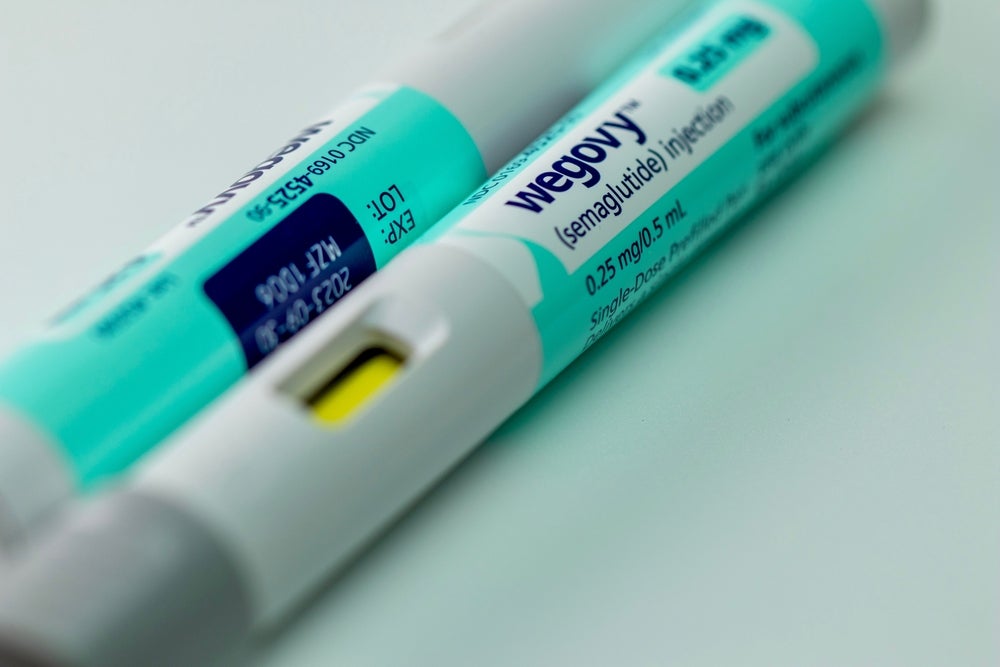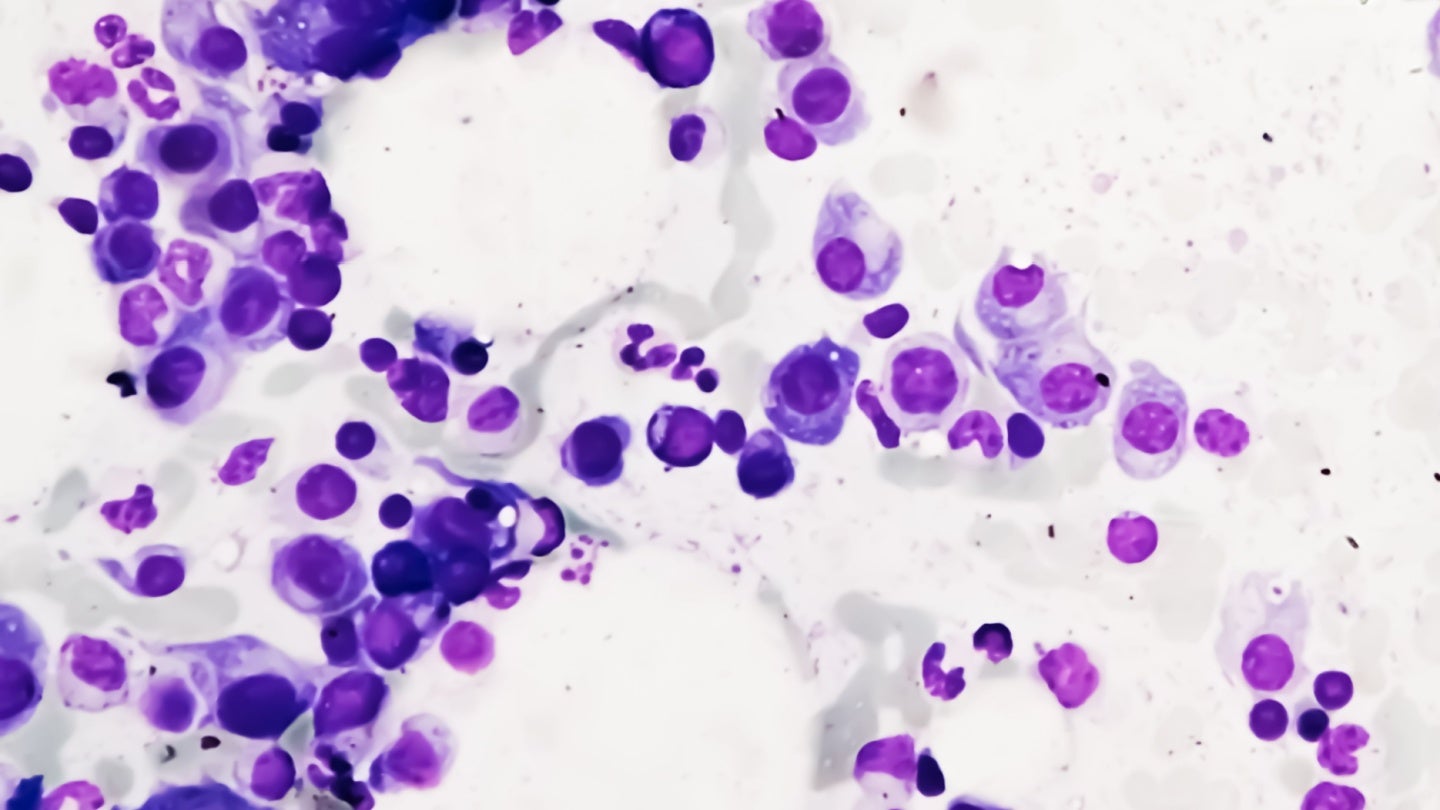Eisai and Biogen Start Rolling Submissions with the FDA for Their Infused Alzheimer’s Drug Leqembi
The U.S. health regulator, FDA, has now allowed Eisai and Biogen to provide data on a rolling basis for their Alzheimer’s drug, Leqembi. This injectable version of their already existing infused drug will eventually qualify for a marketing application. Additionally, the drug has been granted a fast-track designation. In early April of this year, the […]

The U.S. health regulator, FDA, has now allowed Eisai and Biogen to provide data on a rolling basis for their Alzheimer’s drug, Leqembi. This injectable version of their already existing infused drug will eventually qualify for a marketing application. Additionally, the drug has been granted a fast-track designation.
In early April of this year, the companies first applied for marketing approval of the subcutaneous form of Leqembi. However, the FDA quickly halted their ambitions by demanding additional three-month immunogenicity data on the newer version.
This rolling submission approval will be beneficial because it allows regulators to assess data as it becomes available. This way, the agency can continue to process new developments until there is enough data to proceed with a formal marketing application.
Initially, Eisai was under the illusion that, under the existing fast-track designation for the infused version of Leqembi, it would be able to start the rolling submission for the subcutaneous formulation in March. However, by imposing a 60-day timeframe to deliberate on this matter, the FDA dashed these hopes.
Now, with both the rolling submission and fast track secured, the next step for both firms is to secure the agency’s approval for a weekly dose of Leqembi to be administered as an under-the-skin injection. This will hopefully have a positive impact on future sales by adding to patient convenience in terms of time and administration of the treatment.
The original infused version of the treatment requires weekly infusions, regular brain scans, and additional diagnostic tests before administration, all of which have impacted the uptake of the treatment by patients.
Eisai expects that entering the U.S. market will significantly impact its sales growth, and in July, the company plans to launch the drug in China.
In comparison, the newer under-the-skin weekly regimen of the drug can be given to patients after they have received the bi-weekly intravenous version. In this case, patients would receive the drug as an under-the-skin injection of 360 milligram doses every week.
Due to these developments, the drug can now be administered to patients at home or in medical facilities, requiring less time than the infused version of the drug.
In a phase 3 study conducted last fall, the partners discovered that among 71 patients, compared to the infused version, the subcutaneous injection of Leqembi cleared 14% more amyloid plaque in the brain.
Patients suffering from Alzheimer’s have amyloid beta deposits on their brain, and Leqembi works by removing them. However, it should be noted that in the case of the drug’s injectable form, patients are at a higher risk of amyloid-related imaging abnormalities.
The Alzheimer’s drug market is currently unsaturated. Since the FDA has delayed the approval of Eli Lilly’s Alzheimer’s drug, donanemab, Eisai and Biogen have the opportunity to work on their outcomes further.
What's Your Reaction?

































